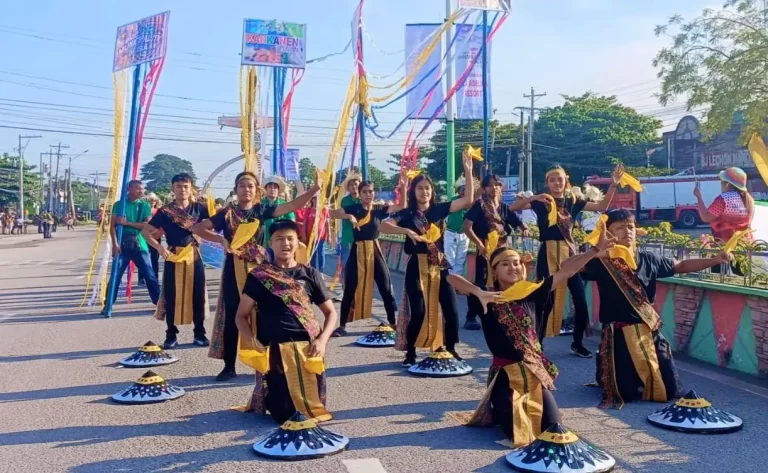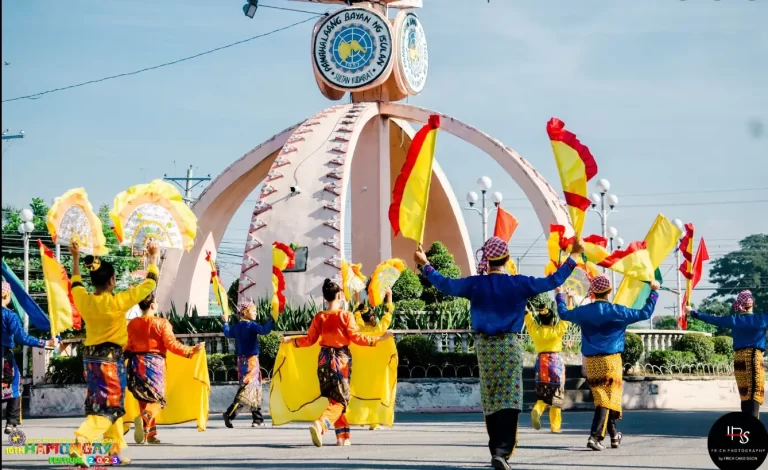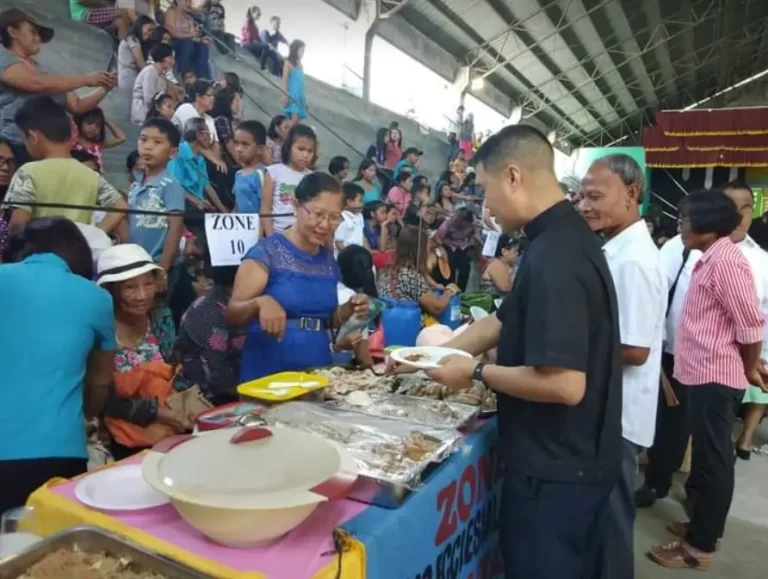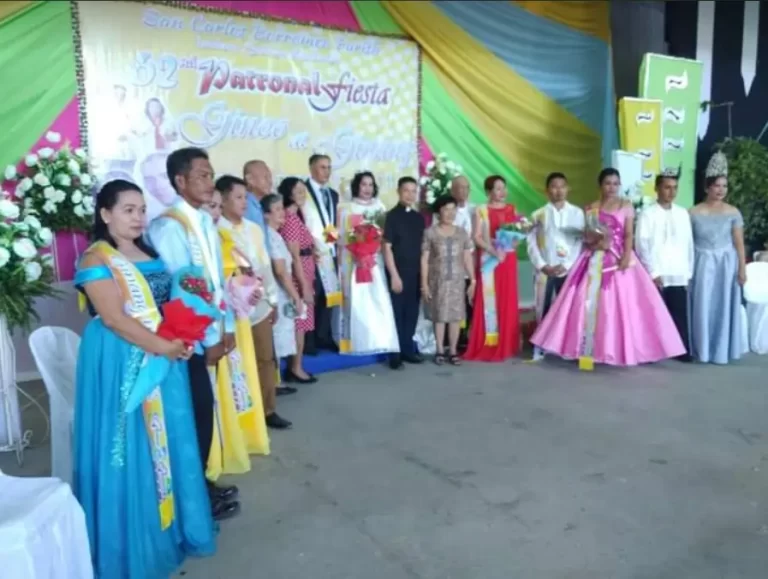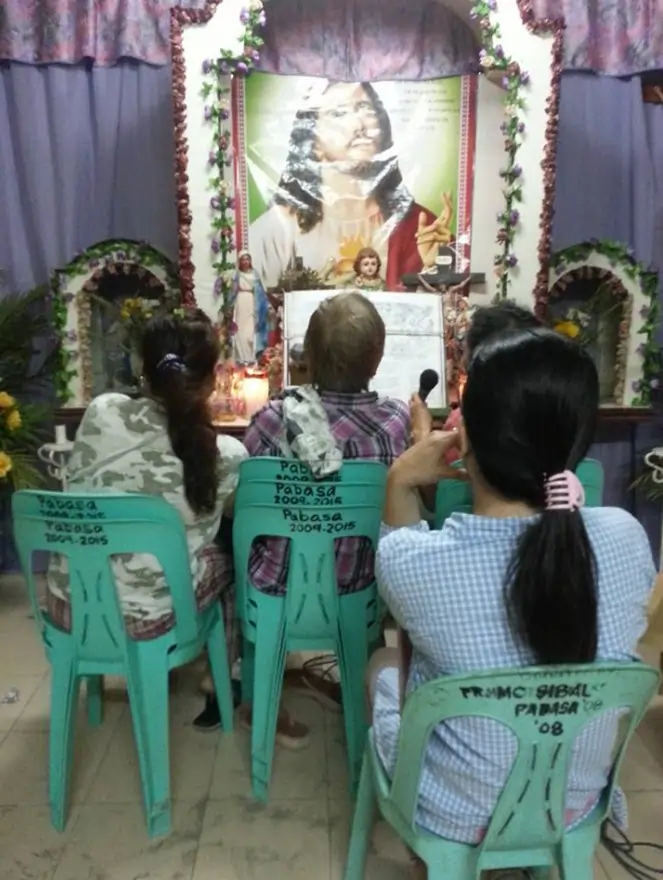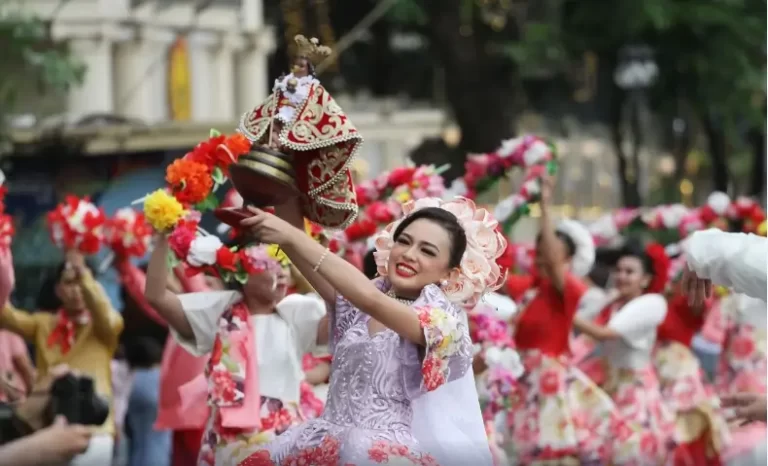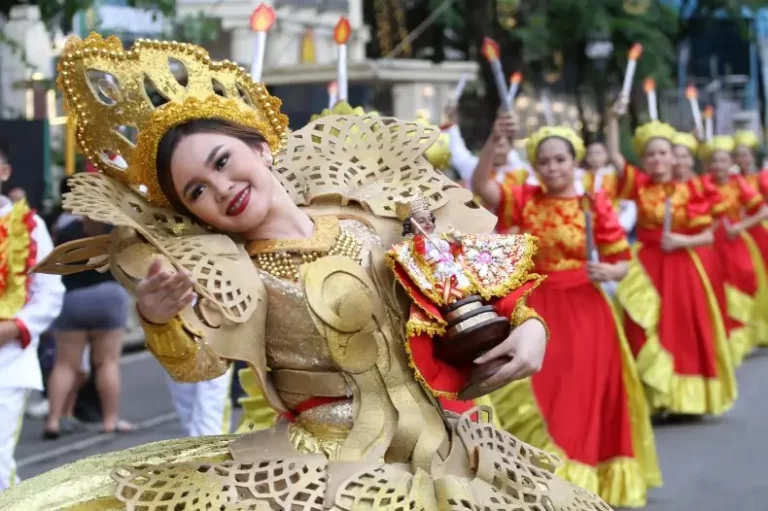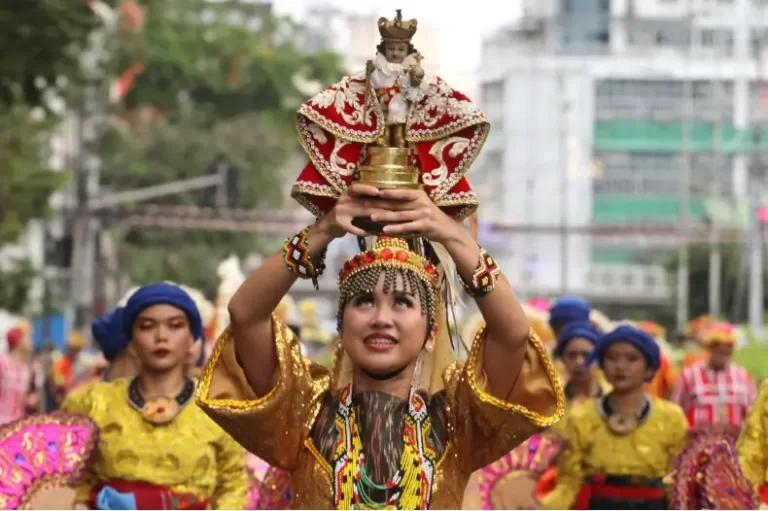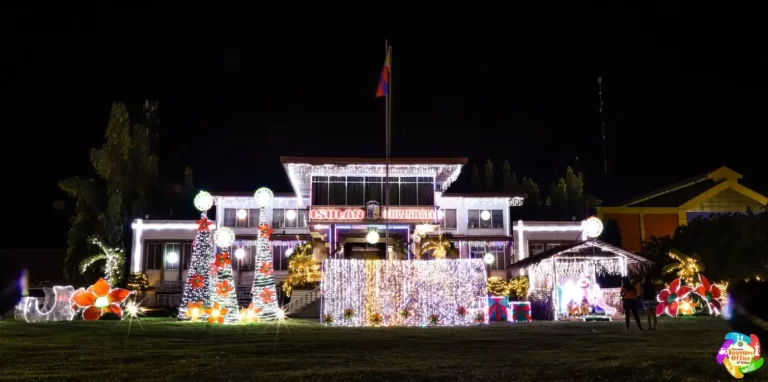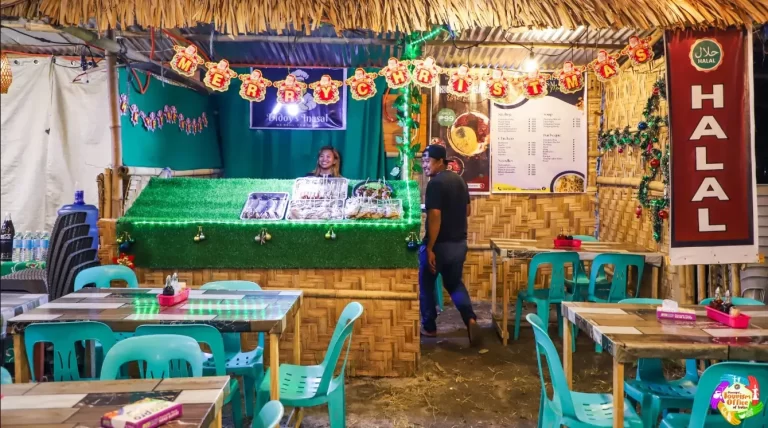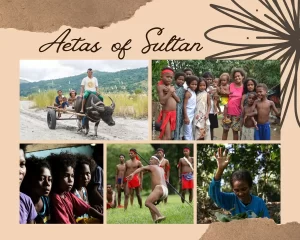Filipino culture is famous for its numerous festivals celebrated throughout the country. These annual events attract both local and international tourists, thanks to the Filipinos’ love for merriment. During these festivities, delicious food and entertaining activities come together with various competitions, showcasing a wide range of talents.
In the heart of this vibrant Filipino culture lies the Municipality of Isulan. Known as a melting pot for diverse cultures, this multicultural community burgeoned from the rich cultural exchanges amongst the early settlers and successive migrants. This cultural dynamism breathes life into the town, resulting in an array of Isulan Festivals celebrated at different times of the year, adding to the country’s festive calendar.
Photo Source: FriCh Cameradic Caro Sison FB Page / J Jovito Lamita
Hamungaya Festival
The Hamungaya Festival is one of Isulan’s official festivals, commemorating the municipality’s foundation. This annual celebration happens every August. People from far and wide gather at the Municipal Town Hall compound, spending several days in merriment through an assortment of activities.
This celebratory occasion had a different name. It was first dubbed as “Pasundayag” festival. But this was later changed into the “Hamungaya” festival, which is adapted until the present.
“Hamungaya” is an ilonggo term which means “bountiful harvest.” It celebrates both the richness of the land and the diversity of every culture found in the municipality. The festival is often celebrated with trade and food fairs, live band performances, different cultural presentations and contests and many more.
People from all walk of life are really looking forward for this event as this is an avenue to witnes local talents and enjoy some local flavors and flairs.
Photo Source: Leonidas Dela Cerna FB Page
Malagkit Festival
The “Malagkit Festival” is a celebration to commemorate the feast day of the patron of local catholic church, San Carlos Borromeo. It is an annual event happening every first week of November.
During this festival, various “kakanin” are showcased to celebrate the unique flavor of each culture. In the gathering of people, these dessert type comfort food are very much enjoyed both by the locals and tourists.
“Malagkit” is a local term, which means “sticky rice.” It is the primary ingredient for most of the kakanin found in the locality.
Photo Source: Alona Escoto Valencia – Basalio
Pabasa Festival
“Pabasa” is one of the undying tradition of Filipino culture every Holy Week. During this events, people read the story of the passion and death of Jesus Christ usually in chant or song form. Different cultures have different versions of this event.
The Municipality of Isulan have this type of tradition. The most famous is the “Pabasa” organized by the Kapapangan community in Barangay Kalawag 2. It usually starts on Holy Wednesday and Ends at the eve of Good Friday.
Elders, and younger generations, take turn in chanting and reading the scriptures for 24 hours. Aside from this auspicous event, local delicacies are also sold along the road, this includes bibingka, balut, and other street foods.
Photo Source: www.rappler.com
Festive Reflections: Isulan's Traditional Diversity
The Municipality of Isulan is made up of 17 barangays, or local communities. Each of these has its own unique way of celebrating their foundation anniversaries.
Some migrants had dominated some of the barangays. That is why, there are different types of community in response to the majority of culture in the place. These cultures had adopted the festivals from their mother land. This is the reason why there are replica of the festivals from different places in the Philippines.
One example of this is the “Sinulog” festival, which is celebrated in one of the barangays of the Municipality of Isulan.
Photo Source: Isulan Tourism FB Page
Christmas Festival
Aside from the Foundation Anniversaries, Christmas is celebrated like any other places in the Philippines.
This once a year celebration is painted with colorful Christmas decorations and lights.
People from neighboring towns come to town to take a snapshot of the decors and to indulge in the different food offered by different food stalls in the food bazaar.
Each celebration is a story of unity for every Isulanon. The colors and flavors of each culture residing in Isulan adds up to become a unique culture. It is inspiring to see that even in the midst of differences, Isulanons are celebrating each festivities as one. Truly, it is an inspiring town where food is abundant, culture is rich and unity and peace is the way of life.
Isulan Festivals FAQ's
” Hamungaya” is a Maguindanao term that can be converted to numerous definitions, consisting of “wealth,” “abundance,” “harvest,” and “party.” It flawlessly captures the significance of the celebration, which is a thanksgiving for the true blessings of the land and an event of the area’s success.
The celebration is loaded with interesting occasions and tasks for every ages. A few of the highlights consist of:
Street ceremony: A dynamic procession including vibrant drifts, marching bands, and professional dancers in typical costumes.
Social shows: Performances of standard music, dance, and theatre showcasing the rich Maguindanao and various other native cultures of the region.
Agri-fair: A showcase of Isulan’s farming products, including regional farmers, food stalls, and cooking presentations.
Sports competitors: Friendly competitions in various sporting activities like basketball, volleyball, and chess.
Appeal pageant: The much-anticipated coronation of the Miss Hamungaya, that embodies the beauty and elegance of Isulan.
There’s no stringent outfit code for the Isulan Celebration, yet many people select to put on vibrant and festive attire. You can also opt for traditional Maguindanao garments, which is rather distinct with its vibrant colors and complex patterns.
Isulan is conveniently available by land transport. Buses and vans take a trip from major cities in Mindanao, like Cotabato City and Davao City. If you’re coming from better away, you can fly to Cotabato City or Davao City and afterwards take an attaching bus or van to Isulan.
